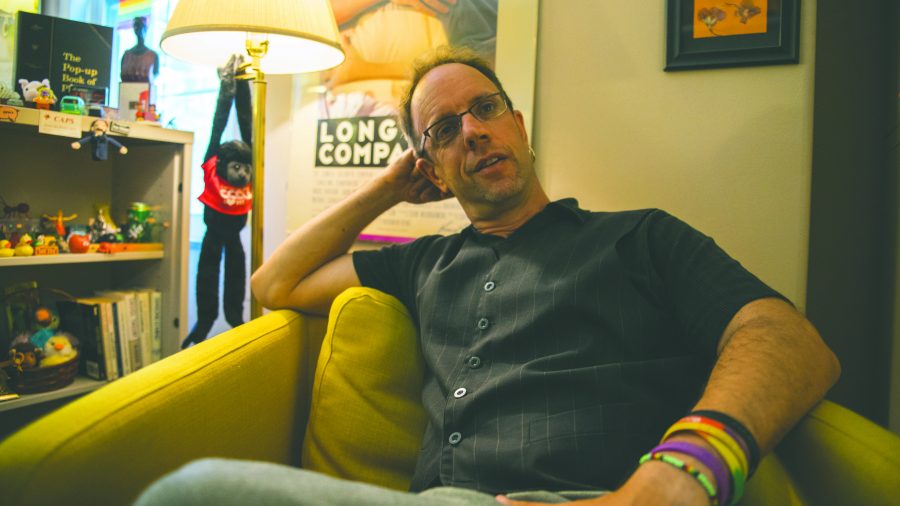Jacqueline Valladares
As students have now completed the first week of classes, I currently bite my nails in worry. Essays upon presentations upon more essays plague my upcoming week, and a weekend of cheap reality TV and barely moving off the couch has left me utterly behind. One should really know better with three years’ experience to not misuse rare and beautiful free time, and yet here I am, painfully wasting every minute.
Then again, with three years’ experience, I understand that this level of anxiety is not uncommon, especially in the first week. Against all I aspire to, I can’t help but fall under the pressures of schoolwork, and although not ideal, it’s common and quite normal.
The word anxiety is thrown around a lot. Google and Mayo Clinic quickly provides that it’s very common, usually self-diagnosable, and affects ages 6 to 60-plus. There are numerous quizzes online that will show what level of anxiety one may have, and testimonials from countless faces, all describing their brush with anxiety. It’s clearly an open discussion, but one that may be overlooked by a fresh-faced student.
I remember when I was a freshman and everything was perfect and new. Then classes started, homework piled up, and I shortly realized this was not high school anymore and I couldn’t breeze through work like I had all my years prior. Suddenly, my new freedom came with a cost: my mental health.
Anxiety is common. But the issue with commonality is that it desensitizes the reality of this mental-health issue. When I started giving up early, not sleeping, not wanting to interact with anyone, and joking about how great it would be to end it all, that’s when it was obvious my situation wasn’t as funny as I was letting myself believe it was. People on Twitter will make jokes about dying, and everyone laughs and responds with how relatable it is, but this mentality is poison. Simply laughing at the problem is not enough to cure it, and as a community, it’s imperative that we stop glorifying anxiety and stress with a few laughs.
Related Content: UI REACHES OUT ON MENTAL HEALTH
For a new student, it’s not always obvious to see how bad it’s really getting, but I can’t stress how important it is to be OK with struggling. I was a freshman once, I know how heavy the workload can be, and yet looking back, I never once used my surroundings. I never felt the need to go out of my way to make myself OK, I simply let my stress build up until it was too much. But that doesn’t have to be every freshman’s story, because help is always available.
What is so great about Iowa is the level of support students have here on campus. The University offers counseling services for students with certain programs like group or individual counseling, couple or relationship counseling, psychological consultation, and even help with career choices and personal issues. The University Counseling Service also has its own newsletter that talks about mental health, eating disorders, stigmatisms with health issues, and student-athlete anxiety — all accessible online.
Related Content: UI SEES HIKE IN ANXIETY, DEPRESSION
With so many resources available, students are encouraged to live the best life they can and go through college as stress-free as possible; all it takes is the willingness to set up an appointment to make the first steps in dealing with this issue. Because, when it comes down to it, nobody deserves to feel unworthy of a break, unworthy of validation, and unworthy of freedom.



